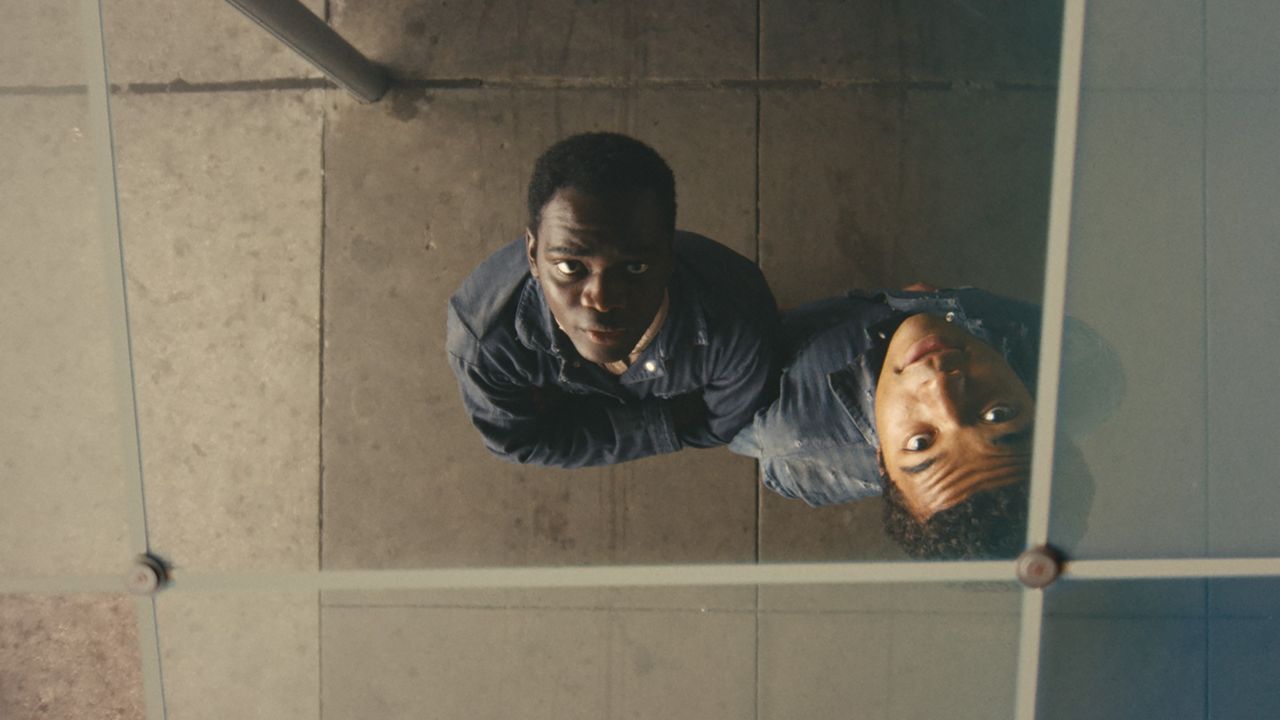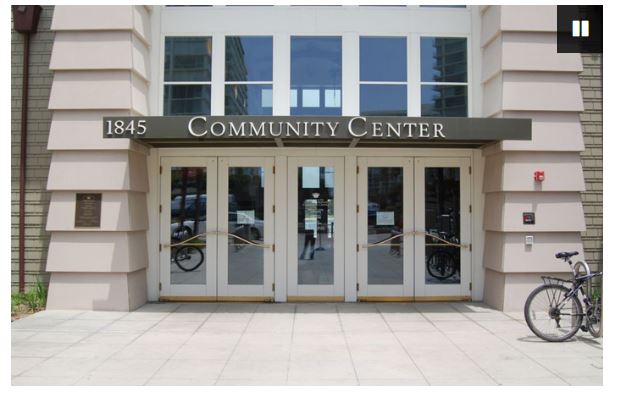Entertainment
‘Nickel Boys’: Interrogating the story by confronting the camera itself

LOS ANGELES — Based on Colson Whitehead’s 2019 Pulitzer Prize novel, “The Nickel Boys” chronicles the powerful friendship between two young Black teenagers navigating the harrowing trails of reform school in Florida.
While the film’s school is fictional, it is based on the real story of the infamous Arthur G. Dozier School for Boys in Marianna, Florida. In the early 2000s, the school made headlines when hundreds of men came forward with stories of abuse, physical and emotional, they endured during their time served at the state-run institution. When the school closed in 2011, an investigation found more than 100 boys had died on the ground, nearly half of them buried in unmarked graves.
For Academy Award and Critics Choice nominee Aunjanue Ellis-Taylor, the most important thing about the film “Nickel Boys” is to know what happened to the children.
“I want folks coming out there [the movie theater] talking about it and reading about it and researching it,” she told Spectrum News. “This school was not an isolated school. These schools happened and still happen all around the country. Institutions like them have happened throughout history and are still happening throughout the world.”
Aunjanue Ellis-Taylor stars as Hattie in director RaMell Ross’s “Nickel Boys.” (Courtesy of Orion Pictures)
Ellis-Taylor told Spectrum News schools like the one in the film and Arthur G. Dozier School continue to exist in the country, but they are called different things like military schools.
“They work as auxiliary systems to the injustice system. It’s another place to put kids that we feel have run afoul of the ‘moral codes’ in this country, whatever those things are, that we feel like we have to put a child somewhere for someone else to deal with. So, they still exist,” she said.
Ellis-Taylor further told Spectrum News that we as a society have not done our due diligence in acknowledging that we are doing this and we are still living with the consequences of what happened to these children around the world. That’s why this film is so important, she said, because director RaMell Ross made “Nickel Boys,” a film that leads discussions — rather than follow them — about how we see each other.
“He is doing that, not by saying these are the kind of stories we need to tell. He is doing that by saying we need to interrogate how we tell the story,” she told Spectrum News.
And how does a filmmaker like Ross interrogate the story? By confronting the camera itself in filmmaking.
In “Nickel Boys,” that is exactly what Ross does with his extraordinary use of camera work, giving audiences the point-of-view that most are not used to seeing in a film.
“The less you look for, the more you see,” Ross told Spectrum News. “See if you can let go of expectations and kind of experience. Hopefully watch the film twice. It is one you feel a lot the first time you watch it. The second time, you see more. It is really dense. It’s really aesthetically aggressive and I think those elements offer a really nice viewing experience, but one in which if you are anxious, you won’t be able to enjoy.”
This week, “Nickel Boys” earned five Critics Choice Awards nominations, including Best Picture, Best Director (RaMell Ross), Best Supporting Actress (Aunjanue Ellis-Taylor), Best Adapted Screenplay and Best Cinematography.
“Nickel Boys” also earned a Best Picture Drama nomination at the Golden Globes Awards.
“Nickel Boys” will open in theaters this weekend in New York and next weekend in Los Angeles.
Click the arrow above to watch the full interview.


:max_bytes(150000):strip_icc()/tal-12-mistakes-professional-travel-planners-see-travelers-make-b11eea1d8268443db1523b4c72114327.jpg)






